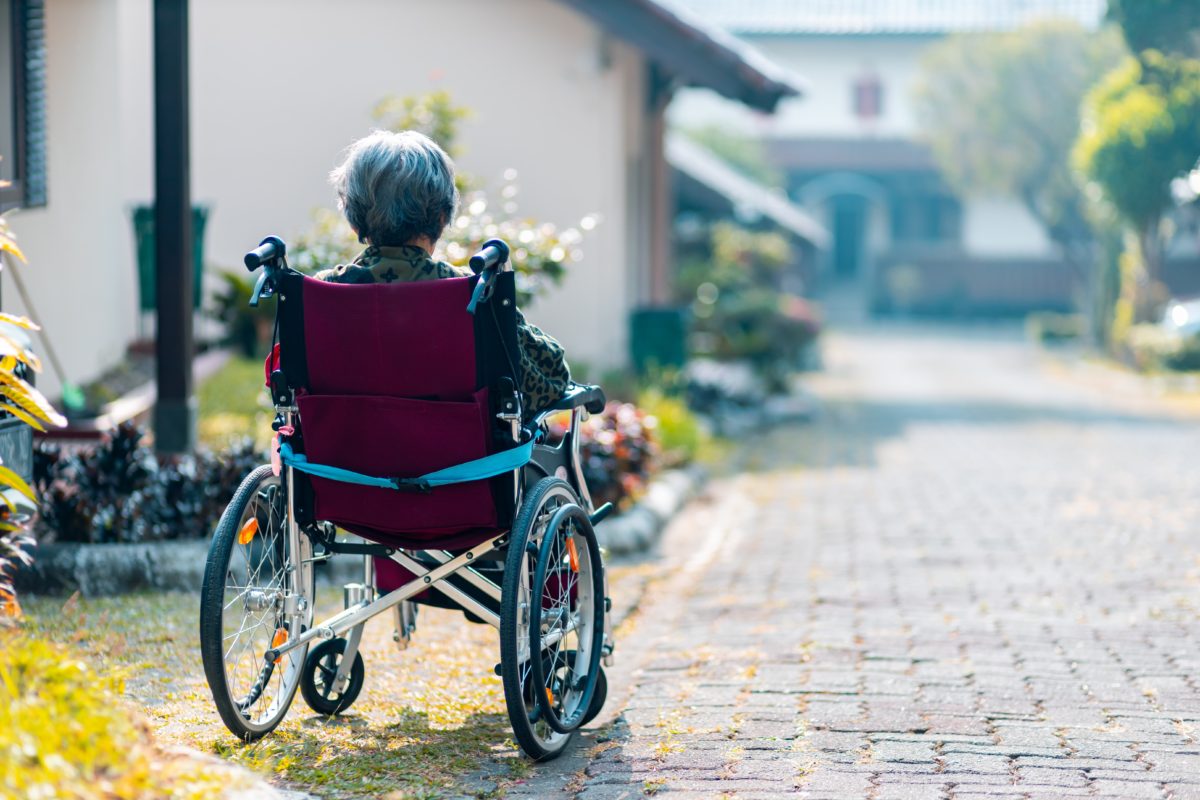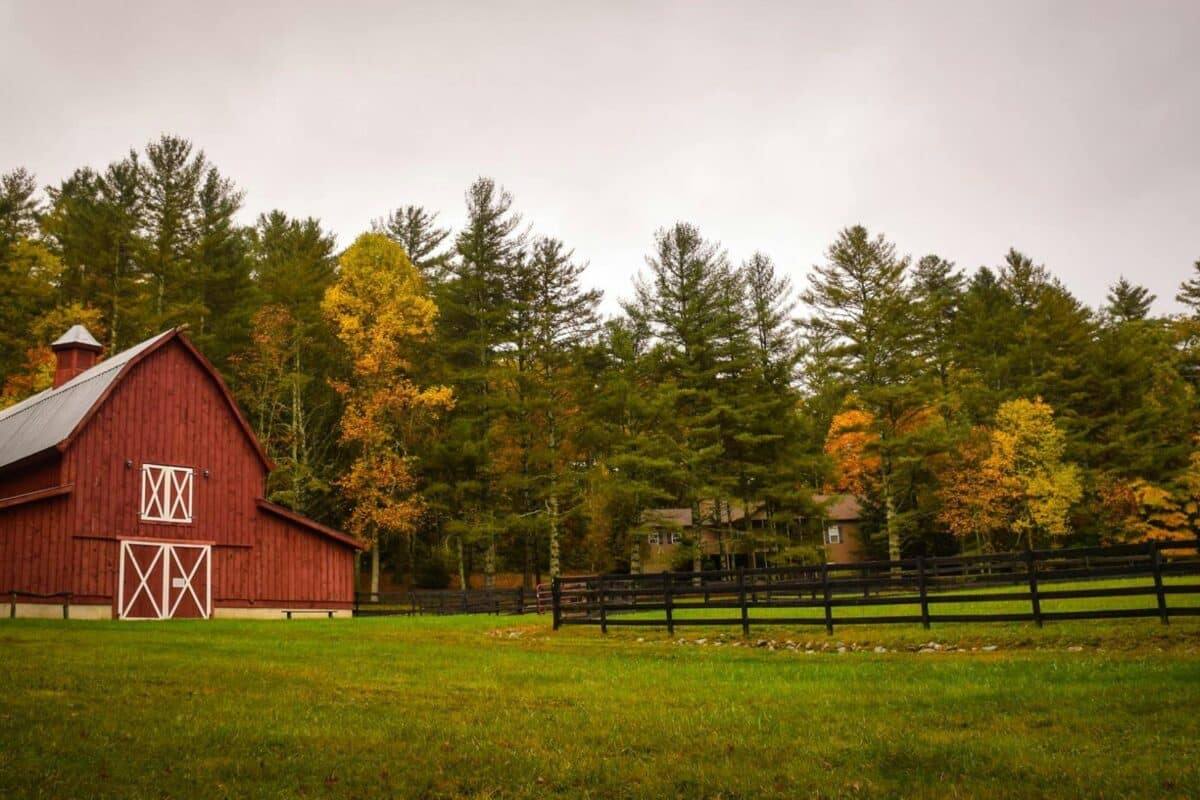 I began planning my trip to the Himalayas when I was 11, after reading Lost Horizon, James Hilton’s novel about finding a utopian society hidden among the world’s highest peaks and then losing it. I knew if I stumbled upon Shangri-La I would have the good sense to stay there. Reading Autobiography of a Yogi as an adult inspired a new vision. A cave-dwelling holy man, with one wave of his hand, would banish the anger and impatience that defines my personality. I’d return from the Himalayas a better, happier person.
I began planning my trip to the Himalayas when I was 11, after reading Lost Horizon, James Hilton’s novel about finding a utopian society hidden among the world’s highest peaks and then losing it. I knew if I stumbled upon Shangri-La I would have the good sense to stay there. Reading Autobiography of a Yogi as an adult inspired a new vision. A cave-dwelling holy man, with one wave of his hand, would banish the anger and impatience that defines my personality. I’d return from the Himalayas a better, happier person.
Happiness is what Anand promised my friend Judy and me if we chose him as our trekking guide. Anand’s office in Manali was located next to the German bakery. I’d spent most of my life resisting pastries with zealous discipline. Uneasiness with Anand’s location—and, therefore, Anand—washed over me. But Judy decided Anand’s proximity to cake was a sign he would be the perfect guide for our four-day trek in the sacred Indian Himalayas.
After three weeks of schlepping around India’s sea level sites during the sweltering pre-monsoon season, I’d learned to keep my expectations modest. Everything in India is sacred. The sacred Ganges, laced with garbage and feces and remnants of charred bodies, stunk like a septic tank. The sacred city Amritsar, a snarling traffic jam, overflowed with pushy peddlers who poked and grabbed, thrusting cheap jewelry and miniature chess sets in our faces. The sacred hot springs of Vashisht reminded me of San Francisco’s Martin Luther King public pool—loud, overcrowded, and scary. By the time Judy and I set out for Manali, I’d accepted that my fantasy of finding paradise in the Himalayas, of finding happiness anywhere in India, was not likely to manifest.
Yet, as we drove from the dusty Punjabi plains up to the Kullu Valley, once known as the end of the habitable world, witnessing a procession of snowcapped slopes soaring steadily higher, I felt the negativity India exacerbated in me ease. In Manali, India’s characteristic crowds, dirt, and pandemonium were rendered innocuous by lifting my gaze to the horizon. Emerald green slopes, dotted with wood and slate cottages, waterfalls and wildflowers, descended from clouds and icy massifs. For the first time since landing in Delhi I saw beyond the throngs of unseemly humanity to the natural beauty of India. Perhaps Manali might offer redemption.
Or not. Judy and I scheduled two nights in town before trekking, but didn’t last two hours in Anand’s guesthouse. Shoved against a mildew-stained wall, metal beds, sans linens, looked like prison furniture; the toilet was a hole in the ground. A bare lightbulb on the ceiling partially illuminated the wall, across which an enormous spider lumbered. Mice droppings littering the floor were the proverbial last straw. Judy and I snagged a room at another guesthouse.
Without mentioning our change of accommodations, we showed up the next day at Anand’s office ready to trek. “This will be coming with me,” I said as I handed him my backpack and a pile of winter clothes I had just bought in town. “But I will not be carrying them.” I shook my head slowly, wagging my index finger to make sure I was clear, to let him know I expected better service than his guesthouse provided.
Anand took the pack, fleece vest, scratchy purple sweater, and down jacket I borrowed from his coworker because I failed to pack appropriately for a high altitude trek, and nodded, a resigned smile tightening his lips. “I’m setting the tone right now,” I said to Judy.
It rained the entire first day of the trek. I hate rain and silently blamed Anand for its existence. I demanded an umbrella. Anand rolled his eyes. “No one has ever asked for an umbrella during a trek before,” he said.
“So, do you have one or not?” I snapped.
Anand took off his jacket and handed it to me. I sat down on a rock, hoping a donkey or yak or Shiva Himself would miraculously materialize and I could hitch a ride. I gazed at the cannabis plants growing wildly and wondered if gorging on them might help. Judy doubled back to check on me.
“Are you drinking enough water?” she asked.
“I’m trying to kill myself. Through dehydration.”
“That won’t work,” Judy said. “You’ll just pass out and become a bigger pain in the ass than you already are.”
By the time we reached our first stop, I fantasized about stealing a jeep and driving straight to Indira Gandhi Airport, mowing down Anand as he tried to stop me. I told Anand I wanted a ride back to town; I absolutely could not spend another day in the cold rain.
“Have some faith,” he said, and reminded me that we stopped at a temple to pray to Lord Surya for sun. He looked out the window at the milky sky and declared, “Clouds touching the heavens higher than the moon signal a sunny day.” I let out a snort and muttered he’ll be sorry if I suffer from hypothermia because of his refusal to return me to civilization. He told me to eat a big dinner; food would make me feel better. “Try not to be negative,” he said.
“Don’t be negative? Great idea, Anand!” Spittle flew out of my mouth. “Who knew the solution was so simple?” I didn’t bother saying negativity dogs me, like an Indian street tout stalking a tourist, like this constant rain in the Himalayas on the brink of monsoon season.
Yet, as Anand promised, the next day the sun wiped the clouds from the sky, warming the air and my mood. The slopes of Solang crawled with activity. Huge plastic balls with people inside them rolled down the hills—zorbing. Anand knew everyone—the mountaineer institute climbers, the horseback-riding guides, the indigents begging for handouts, the paragliding instructors. “I want to try paragliding,” I told Anand.
“Really?” he sniggered. “You?”
Judy asked prudent questions. How were the pilots trained? How long had they been piloting? What were the safety standards?”
“It’s safe,” Anand shrugged. “Someone died last year. Everyone is more careful now.”
Judy decided to stay on the ground, but I forked over 400 rupees and went off with my pilot who spoke no English. We trudged to the top of the 8,000-foot drop where another pilot explained that I needed to run really fast when I was told “Go!” and keep running until we were in the air.
We watched a tandem team ahead of us crash because the client—a young man—failed to run hard enough. When my instructor and I had an easy takeoff, I felt both surprised and smug, too pumped to relax into the floating sensation as the pilot made leisurely loops, trying to stretch out the 10-minute flight. Reaching the landing area, I saw Anand standing in the middle of the field with my camera, looking like a proud parent. I felt an unfamiliar grin stretching across my face.
“You are much braver than I thought,” Anand said.
Back on the trek, as we headed into thinner air, Anand walked alongside me for hours. He told me about his childhood, how he’d wanted to be a police officer but couldn’t afford the 125,000-rupee bribe to enter the training program, how he’d threatened to kill the magistrate who demanded the bribe, thereby ensuring a different career path. He said his father, sister, and brother live in his house, along with his wife and two children. His mother died of cancer a year earlier. I didn’t tell him my father died of cancer too, around the same time, because despite my bountiful foibles and inherent self-centeredness, I understood what Anand wanted most from me—silence.
Before arriving at camp, Anand watched me skipping across log bridges thrown haphazardly over glacial streams. With incredulity, he noted I was agile and strong, a natural on the mountain.
“Yep,” I agreed. “I’m fine as long as it’s not raining.”
“It rains a lot in the mountains,” Anand said. “It rains a lot in life. You can’t let rain make you negative.” He picked up a small stone and rolled it in his palm, then handed it to me. I put the stone in my pocket, patting it as I walked over to Judy, realizing it was a reminder of something a holy man meditating in a Himalayan cave might observe: heaven and hell are both between my ears, and it’s my choice which place I inhabit.
“Anand is training you,” Judy said. First he’d have me carry a stone, then my lunch. By next year’s trek, I’d be carrying my own backpack.
Later, at dinner, Anand pushed second servings, insisting I eat an enormous helping of the banana cream pudding. “You’re too skinny,” he said, pointing to my hips. “Skinny people are always difficult. Eat dessert and you will be happy.”



